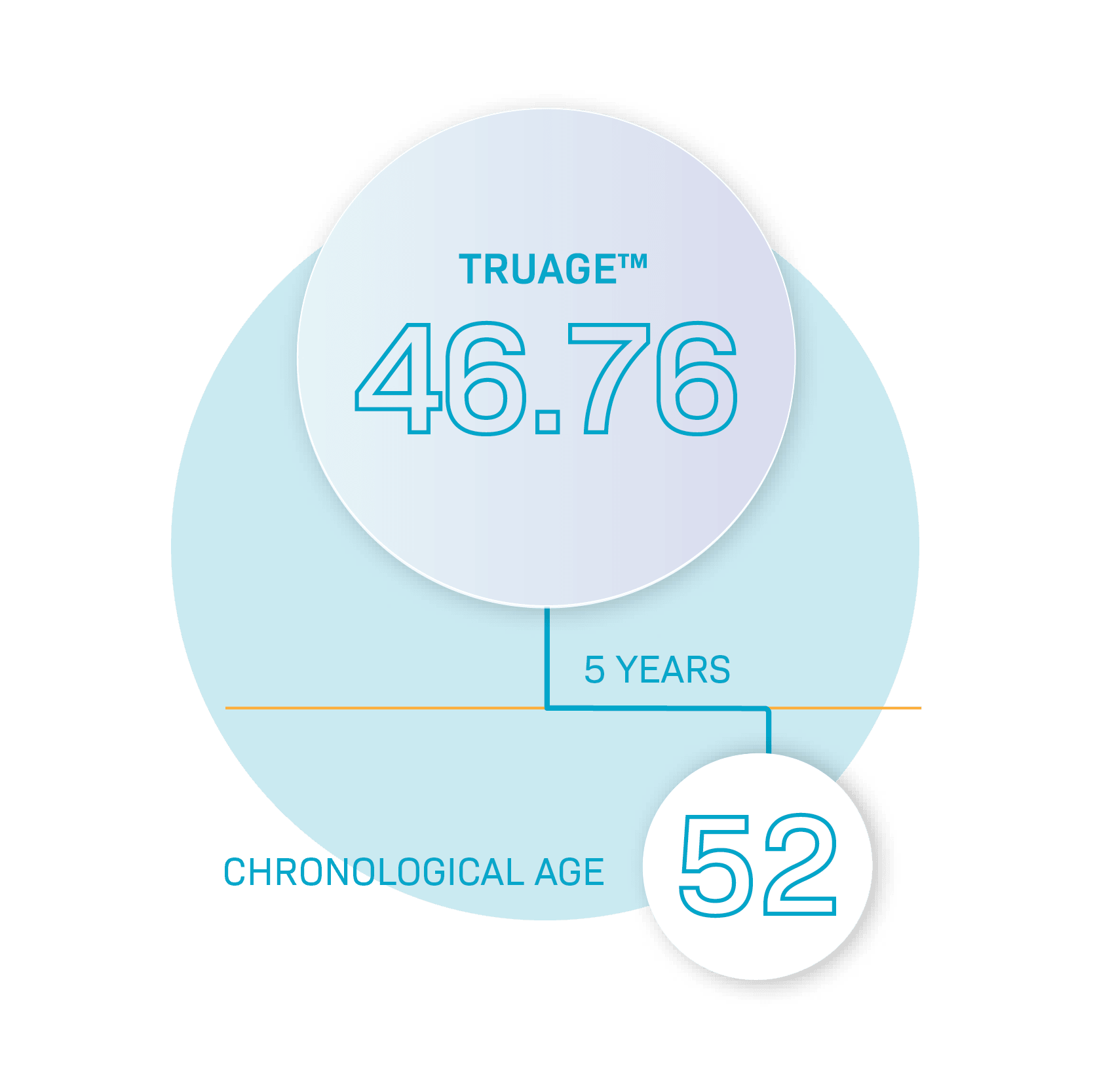The Hidden Costs of Inactivity - Mitochondrial Differences Between Sedentary and Active Individuals

How Mitochondria Can Affect Your Health: A Look at Sedentary vs. Active Lifestyles
You’ve probably heard people say, "Exercise is good for you!" But have you ever wondered why? What’s happening inside your body that makes being active so important? One answer lies deep within your cells — specifically in tiny structures called *mitochondria*. These little powerhouses play a huge role in how we feel, how we age, and how healthy we stay over the long term.
But what exactly are mitochondria, and how do they differ in people who live active versus sedentary lifestyles? In this post, we’ll dive into what scientists have learned about mitochondria, why they matter, and how moving your body could be the key to living longer and feeling better.
What Are Mitochondria?
To understand why physical activity is so important, let’s first talk about mitochondria. These are tiny structures inside almost every cell in your body, often called the "powerhouses" of the cell. Their main job is to take the food you eat and the oxygen you breathe and turn it into energy that your body uses for everything — from thinking to running to digesting your meals.
Mitochondria are crucial for making sure your body has the energy it needs to function well. They convert nutrients into a molecule called ATP (adenosine triphosphate), which is the energy currency for your cells. In simple terms, ATP is like fuel for your body. The more energy you need, the harder your mitochondria work.
Mitochondria and Aging

As we get older, our mitochondria don’t work as efficiently as they used to. This can contribute to feeling tired more often, taking longer to recover from physical activities, and even becoming more prone to illnesses. Scientists have discovered that this mitochondrial dysfunction is one of the 12 Hallmarks of Ageing. When mitochondria don’t perform well, it can lead to a buildup of damage in your cells, affecting your muscles, organs, and even your brain.
Active People vs. Sedentary People: The Mitochondrial Difference
Now, let’s compare people who are regularly active with those who are more sedentary (people who sit for most of the day or don’t get much physical activity).
According to a this recent study researchers have found significant differences in the mitochondrial health of individuals who are active versus those who are more sedentary."
Recent studies have found that people who are physically active tend to have healthier, more efficient mitochondria compared to those who lead a sedentary lifestyle. This makes sense when you think about it: when you exercise, your body demands more energy, so your mitochondria become better at producing it.
Here’s what happens when you stay active:
- More Mitochondria: Exercise stimulates your body to create more mitochondria. This is called *mitochondrial biogenesis*. The more mitochondria you have, the more energy your body can produce, making it easier to stay active without feeling fatigued.
- Better Functioning Mitochondria: Not only do you get more mitochondria when you exercise, but they also become more efficient. They produce energy more effectively, meaning your body can perform better with less effort.
- Reduced Oxidative Stress: Exercise helps protect your mitochondria from damage. A sedentary lifestyle can lead to oxidative stress, where harmful molecules (free radicals) damage cells and tissues. Active people produce more antioxidants, which help neutralize free radicals and protect mitochondria from damage.
- Improved Cellular Health: By keeping your mitochondria in good shape, you’re helping to improve your overall cellular health. This can boost your immune system, help your muscles recover faster, and even support better brain function.
The Risks of a Sedentary Lifestyle

A sedentary lifestyle can have negative effects on your mitochondria. Without regular activity, your body doesn’t demand as much energy, so your mitochondria don’t work as hard. Over time, this can lead to several problems:
- Fewer Mitochondria: Your body creates fewer mitochondria when you don’t move much, meaning your cells have less energy to work with. This can lead to fatigue, muscle weakness, and a slower metabolism.
- Poor Mitochondrial Function: When you’re not active, the mitochondria you do have might not function as efficiently. They may produce energy less effectively, leaving you feeling sluggish and more prone to health issues.
- Increased Oxidative Stress: Without regular physical activity, oxidative stress can build up in your cells, leading to damage and inflammation. This contributes to aging and increases your risk of chronic diseases like heart disease, diabetes, and even certain cancers.
- Higher Risk of Age-Related Diseases: Poor mitochondrial function has been linked to many age-related diseases. Conditions like Alzheimer’s, Parkinson’s, and other neurodegenerative diseases have been associated with mitochondrial dysfunction, which can be exacerbated by a sedentary lifestyle.
How Can You Improve Your Mitochondrial Health?

The good news is that you can improve your mitochondrial health with regular physical activity, even if you haven’t been active for a while. You don’t need to become a marathon runner to see benefits — even small amounts of exercise can help! Here are some tips for boosting your mitochondria:
- Start with Walking: Walking is one of the simplest ways to get moving. Even a daily 30-minute walk can make a big difference in improving your mitochondrial function.
- Incorporate Strength Training: Lifting weights or doing bodyweight exercises (like squats or push-ups) helps build muscle, which encourages your mitochondria to become more efficient.
- Try Interval Training: Short bursts of high-intensity exercise, like sprinting or fast cycling, can stimulate mitochondrial biogenesis more effectively than steady-state cardio alone.
- Stay Consistent: The key to improving mitochondrial health is consistency. Even small, regular amounts of exercise can have long-term benefits for your cells.
Other Factors That Affect Mitochondria
While exercise is one of the most powerful ways to boost your mitochondria, there are other factors to keep in mind that can influence their health:
Diet: Eating a balanced diet rich in fruits, vegetables, healthy fats, and lean proteins supports mitochondrial function. Foods high in antioxidants, like berries, dark leafy greens, and nuts, can help protect mitochondria from oxidative stress.
Sleep: Getting enough rest is crucial for mitochondrial health. Poor sleep can impair mitochondrial function, so aim for 7-9 hours of quality sleep each night.
Supplements: Some supplements, like CoQ10, resveratrol, and NMN (nicotinamide mononucleotide), like Ageless You Daily are known to support mitochondrial health. However, it’s always a good idea to consult a healthcare provider before starting any new supplement regimen.
The Bottom Line: Move More for Better Mitochondrial Health
Your mitochondria are vital for keeping you energized, healthy, and feeling your best. The science is clear: staying active can help your mitochondria work better, which has a direct impact on how well your body functions. Whether you’re trying to maintain a healthy weight, boost your immune system, or simply stay active as you age, improving your mitochondrial health through regular movement is key.
Don’t let a sedentary lifestyle slow you down. Every bit of movement counts, and it’s never too late to start reaping the benefits of a more active life. Your mitochondria — and your future self — will thank you!
Reference:



